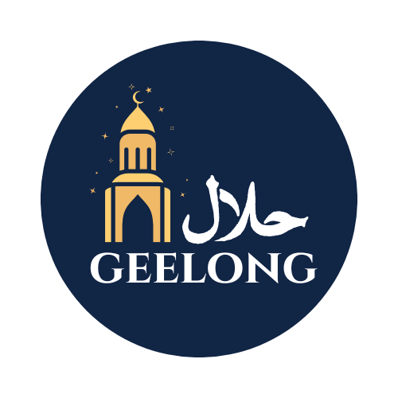What Does Halal Mean?
Halal is an Arabic term that translates to 'permissible' or 'lawful' in English. It is derived from the root word 'halal', which signifies legality within the Islamic framework. For Muslims, halal encompasses not only dietary customs but also the broader ethical and moral standards of living. The concept underscores the significance of adhering to the guidelines set forth by Allah (SWT) and embodies a lifestyle of purity, compassion, and lawful conduct.
The Religious Basis of Halal
The importance of halal is deeply rooted in Islamic teachings, particularly within the Qur'an and the Sunnah. The Qur'an provides explicit guidance on what is considered halal and haram (forbidden). For example, Surah Al-Baqarah (2:173) states, 'He has only forbidden you to eat carrion, blood, and the flesh of swine, and that over which has been invoked the name of other than Allah.' Likewise, Surah Al-Ma'idah (5:3) elaborates on these prohibitions, emphasising the necessity of consuming only that which is lawful.
The Sunnah, which refers to the teachings and practices of the Prophet Muhammad (peace be upon him), complements the Qur'an and offers further detail on what constitutes halal. The Prophet’s emphasis on proper methods of slaughter and ethical treatment of animals highlights the significance of compassion and respect within Islamic practices.
Understanding Halal Food and Lifestyle
To qualify as halal, food must originate from permissible sources. For instance, animals that are allowed include sheep, cattle, goats, and poultry, provided they are slaughtered following Islamic guidelines. This means that the animal must be healthy at the time of slaughter, and the act must be performed by a Muslim, invoking the name of Allah. In contrast, items such as pork, carrion, blood, and alcohol are strictly haram and must be avoided.
Beyond dietary laws, the concept of halal extends into various aspects of life, including finance, clothing, and cosmetics. Islamic finance adheres to ethical standards that prohibit usury and encourage profit-sharing, ensuring that all transactions are fair and just. Halal clothing must be made from permissible materials and designed modestly, while cosmetics must be devoid of any haram ingredients, ensuring both ethical sourcing and purity of use.
By implementing halal practices, Muslims are reminded of their moral obligations and the importance of living a life that complies with the teachings of Islam. Halal not only guides daily choices but also promotes a conscientious approach to living. It emphasises accountability, ensuring that every action reflects a commitment to purity and ethical behaviour.
Significance of Halal in Modern Life
In today's interconnected world, the understanding of halal has grown beyond merely dietary constraints. It symbolises a holistic approach to living per Islamic values. Halal practices provide a sense of community and identity for Muslims globally, connecting them through shared beliefs and ethical standards.
As more individuals become aware of halal, from consumers to businesses, the relevance of halal continues to expand. It fosters a lifestyle rooted in compassion and purity, enabling Muslims to navigate modern challenges while staying true to their faith. Thus, halal serves not only as a guideline for dietary choices but also as a comprehensive ethic that shapes the lives of Muslims around the world.


